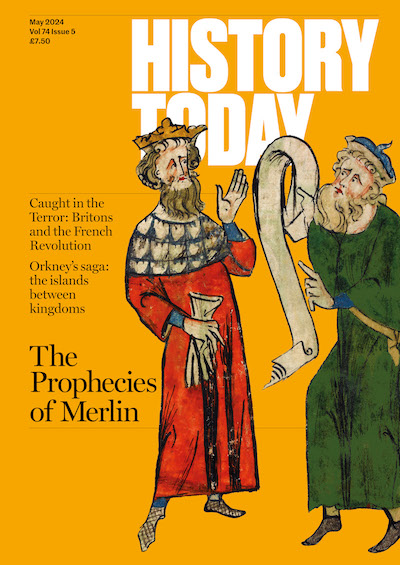Controlling the Screen: The British Cinema in the 1930s
Films interest the modern historian for they reflect the preoccupations and conventions of an age. In this article, Jeffrey Richards shows how the British cinema-goer in the 1930s saw the world according to the British Board of Censors.


